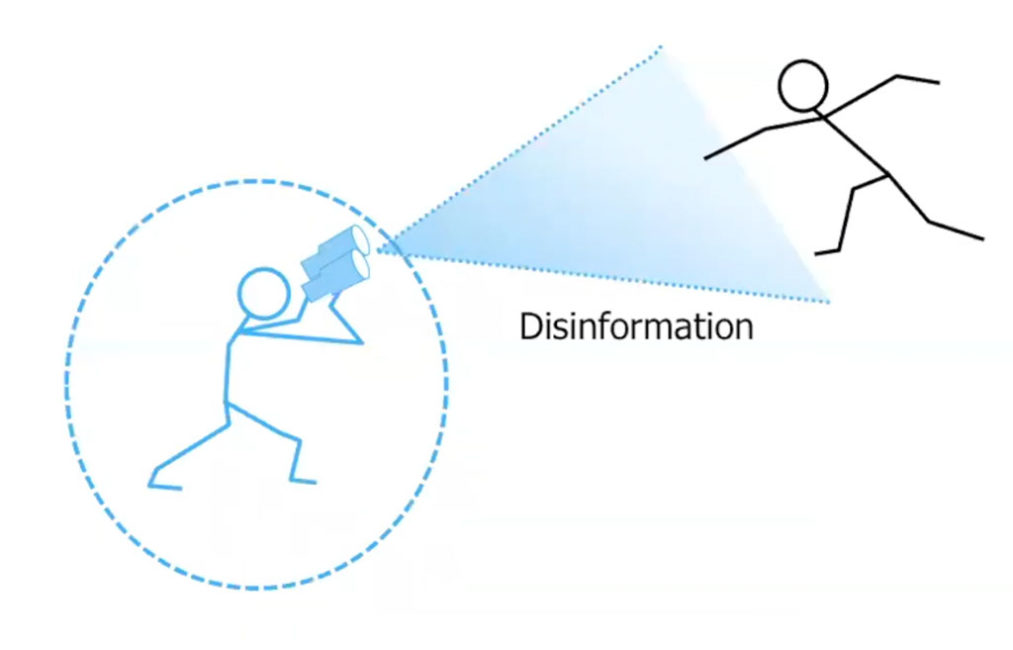
mediaX 2021 Conference Will Be Held Over 3 Days
This three session conference (July 13, 14 and 15) brings together thought leaders from the Stanford and mediaX member communities to share recent insights on what similarities in curiosity and learning of humans and machines can be assumed or explored.
The Artful Design of Immersion
Ge Wang is an Associate Professor at Stanford University in the Center for Computer Research in Music and Acoustics (CCRMA). He specializes in the art of design and computer music — researching programming languages and interactive software design for music, interaction design, mobile music, laptop orchestras, expressive design of virtual reality, aesthetics of music technology […]

Human-Robot Interaction through the Lens of Learning and Control
Machine learning and control theory have made substantial advances in the field of robotics in the past decade. However, there are still many challenges when studying robots interacting with humans. Dorsa Sadigh discusses her insights on this issue.

A Wicked Problem About Thinking: Cognitive Security
Cognitive Security is concerned with protection against malicious online and offline influence at scales ranging from individuals to nation states, and is foundational to national security inclusive of the public and private sectors. Brian Pierce addresses this critical issue.
Human-Robot Interaction through the Lens of Learning and Control
May 12, 2020
Machine learning and control theory have made substantial advances in the field of robotics in the past decade. However, there are still many challenges when studying robots interacting with humans. Dorsa Sadigh continues the mediaX webinar series "Thinking Tools for Wicked Problems", and will discuss her insights on this issue.
A Wicked Problem About Thinking: Cognitive Security
May 5, 2020
Cognitive Security is concerned with protection against malicious online and offline influence at scales ranging from individuals to nation states, and is foundational to national security inclusive of the public and private sectors. From the mediaX webinar series “Thinking Tools for Wicked Problems”, Brian Pierce will address this critical issue.
Designing In-situ Interaction with Ubiquitous Robots
January 31, 2020
Lawrence Kim is a PhD candidate in Mechanical Engineering at Stanford University where he is advised by Sean Follmer. His research lies at the intersection of human-computer interaction, robotics, and haptics with a focus on studying the interaction with multi-robot systems. He has received best paper and best paper honorable mention awards at CHI and UIST, and a Fast Company's honorable mention award in Innovation by Design. He is also a recipient of a Samsung Scholarship.
Research at the Service of Free Knowledge
January 24, 2020
Leila Zia is a Principal Research Scientist and the Head of the Research team at the Wikimedia Foundation, the foundation that operates Wikipedia and its sister projects. Her research interests include quantifying and addressing the gaps of knowledge in Wikipedia and Wikidata, understanding Wikipedia's readers, and studying the contributor diversity on Wikimedia projects. She received her PhD from Stanford University in Management Science and Engineering.
Coordinating Expert Flash Teams on the Biological Internet of Things
From The Theme POTENTIAL, PERFORMANCE AND PRODUCTIVITY WHAT IF What if we could enable remote team workers to leverage the Internet of Things for collaboration? WHAT WE SET OUT TO DO This project set out to improve our understanding of coordination and collaboration in geographically distributed project teams with a specific focus on the requirements […]